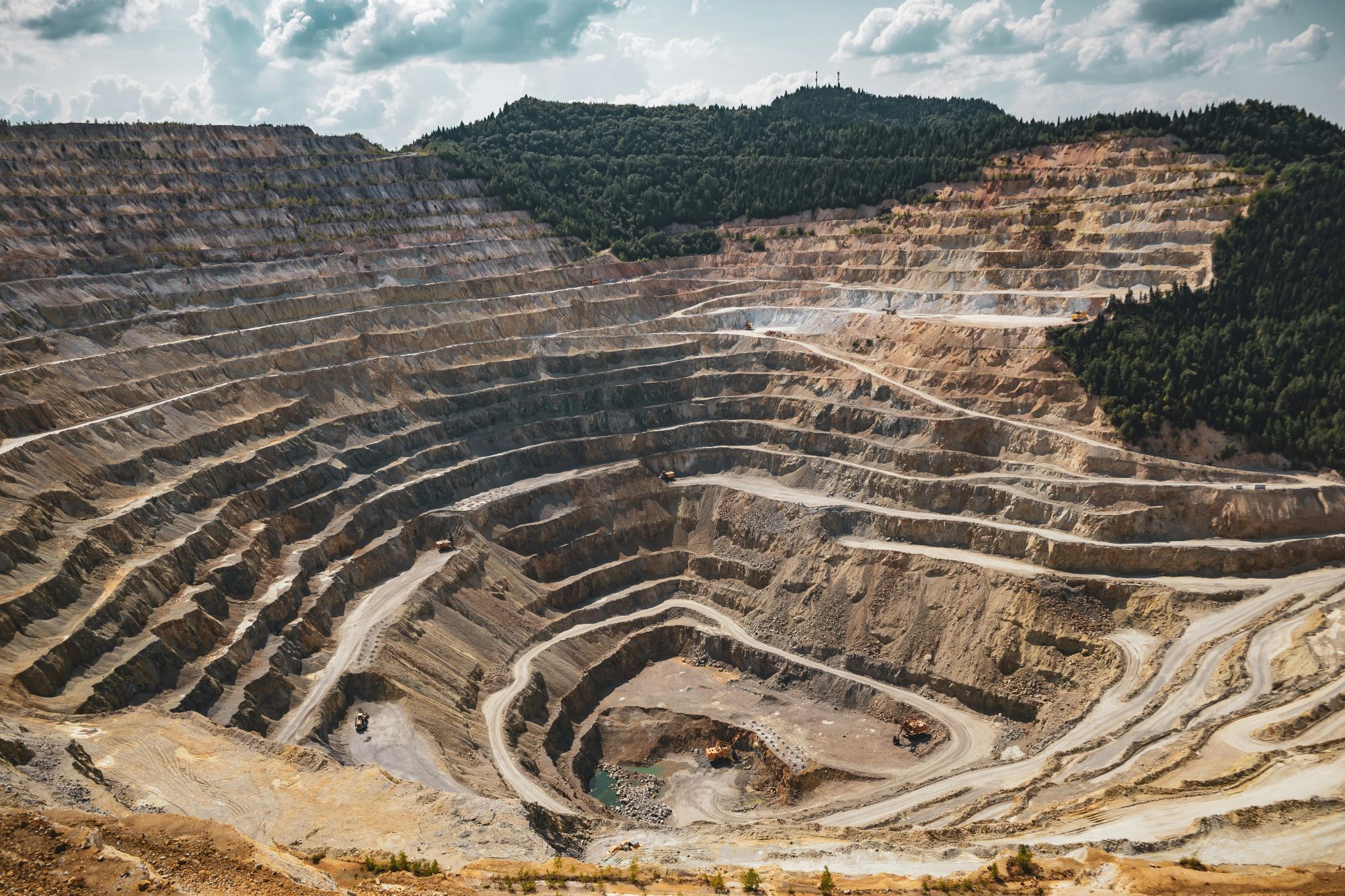Engagement on the rare metals’ supply chain: final results

The second phase of the engagement delivered positive results (except for metal recycling). But there is still room for improvement.
Our second research, “Rare metals supply chains“, published by our member Meeschaert Asset Management on behalf of SfC, evidenced potential social and environmental controversies in the supply chains of rare earths (such as Neodymium and Praseodymium) and rare metals (such as cadmium, cobalt, chromium, lithium, magnesium, palladium, rhodium, etc.).
The research identified 12 companies potentially exposed to risks related to the extraction and use of rare metals and rare earths in the renewable energy, automotive and chemical sectors. All companies have been engaged by SfC members in the last four years.
The first phase of the engagement
First engagement results were published in July 2021. Companies generally cooperated with SfC and the dialogue was mostly successful. In 80% of the cases, the answers given were ‘good’ or ‘very good’.
However, the engagement identified some problems that seemed to be structural and common to almost all companies in the three sectors considered. First of all, audits almost exclusively concerned direct, or “Tier 1” suppliers, who are just intermediaries. Those potentially involved in environmental or social violations at the end of the chain are usually not monitored.
The second problem concerned metal recycling, which is still at a very early stage. Indeed, only 1% of the materials used are actually recycled.
The second phase of the engagement
Both issues were addressed in the second phase of the engagement. In this phase, companies were asked not only to disclose information (as in the first phase). But also to commit to specific suppliers auditing also beyond Tier 1 suppliers and recycling targets.
The issues to be addressed are complex and often not easy to solve by individual companies. They require the commitment of entire sectors, new regulations and possibly subsidies from countries. For this reason, SfC consulted international experts, such as professor Julie Klinger, to better formulate the engagement demands companies. Assistant professor in the Department of Geography and Spatial Sciences at the University of Delaware, she is the author of the book “Rare Earth Frontiers”.
Final positive results (except for recycling)
The second phase of the engagement delivered positive results for Siemens-Gamesa, Orsted, Johnson Matthey and Solvay. For all the other companies targeted, there is still room for improvement, with some differences across the sectors.
In the wind power sector both Vestas and Iberdrola aren’t committed to extending their supply chain monitoring beyond Tier-1 or improving sourcing of recycled metals. Instead, in the automotive sector all the companies engaged – Daimler, Stellantis, Renault and BMW – appear well positioned to foster change. Finally, in the chemical sector, Umicore was vague about the effective commitment of suppliers to monitoring their own supply chains and hasn’t set specific targets for recycling yet.
Photo: Vlad Chețan, Pexels